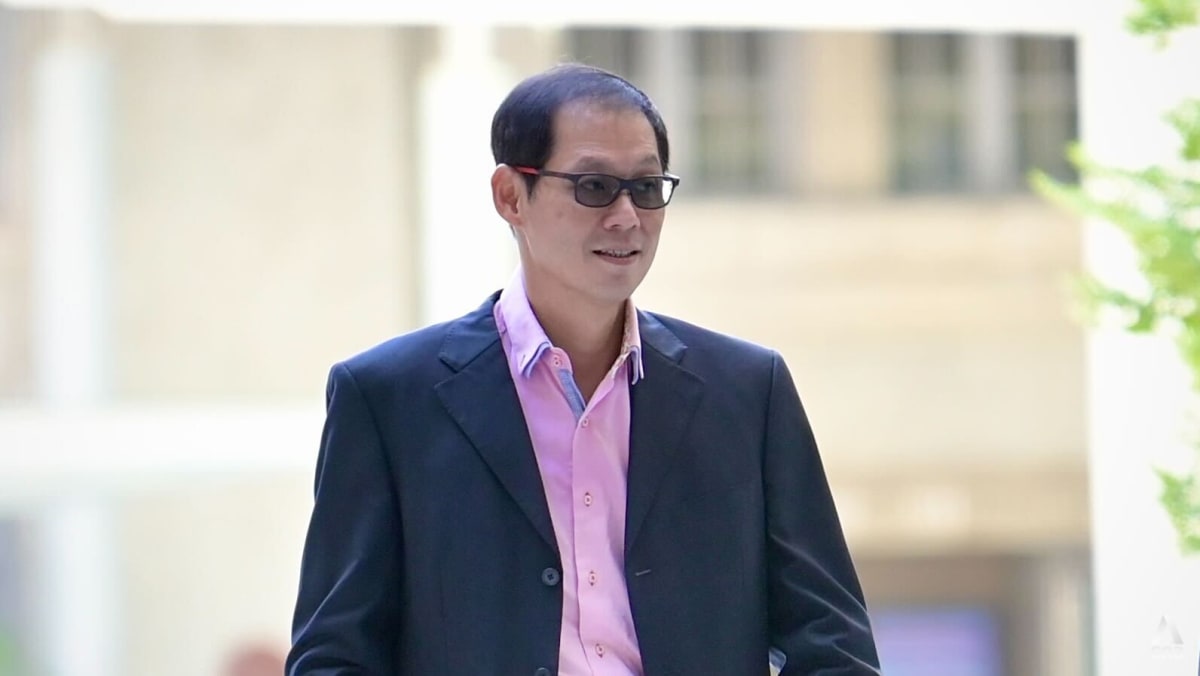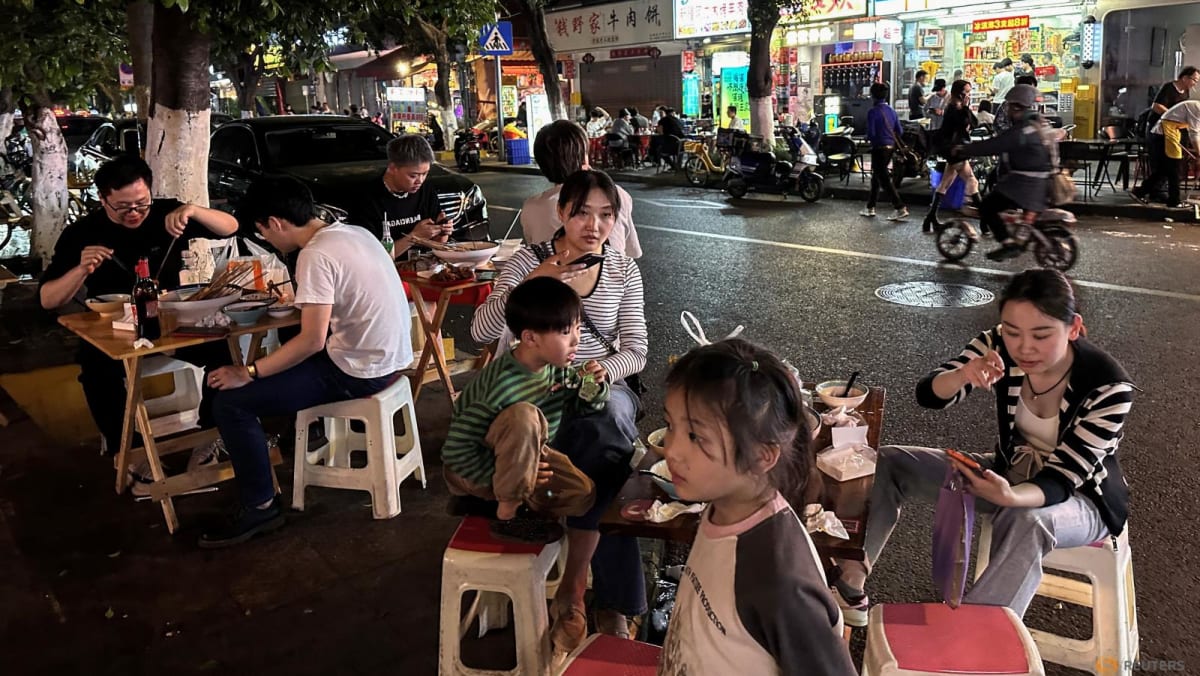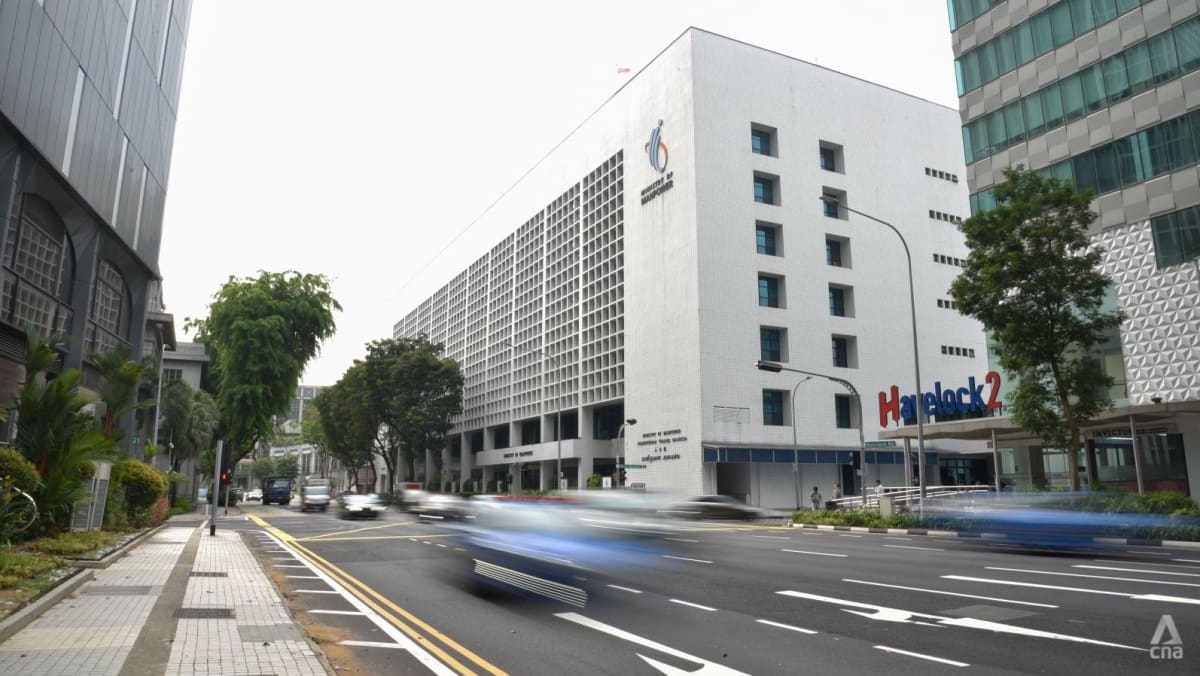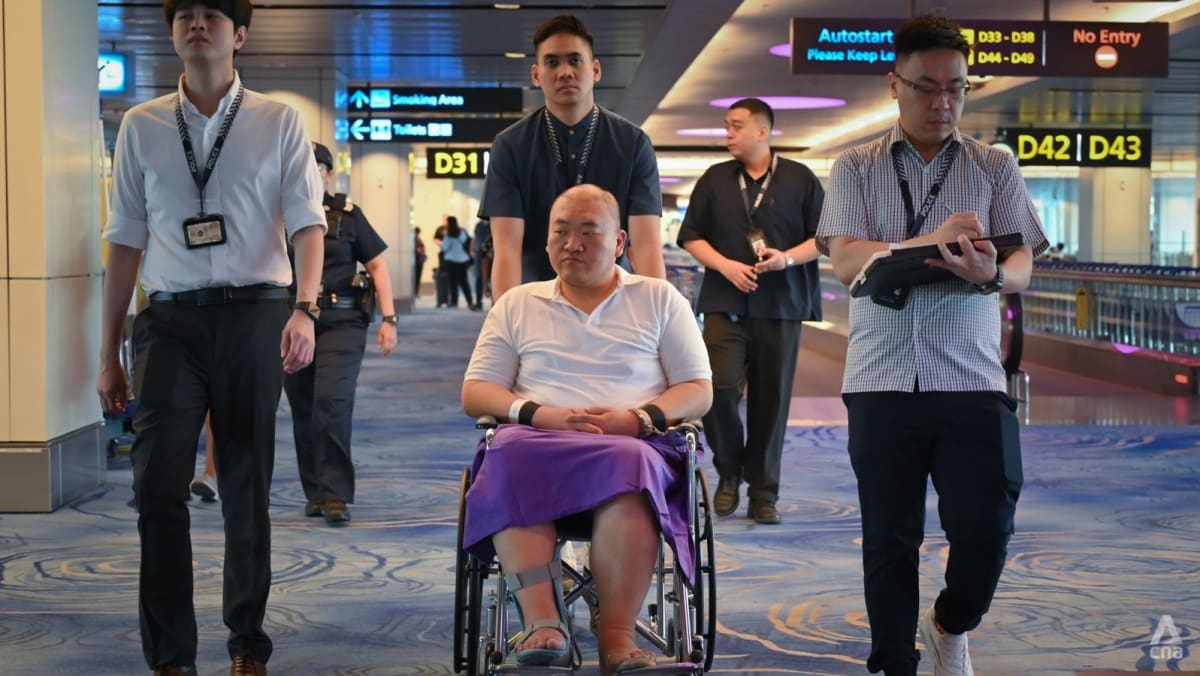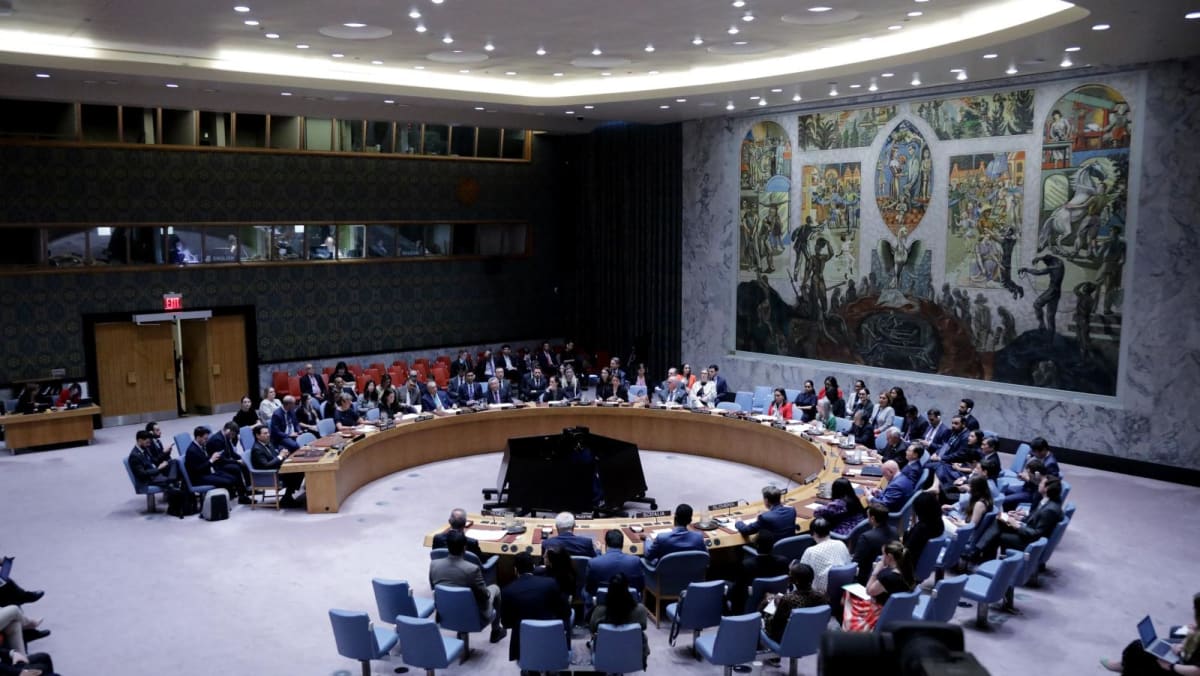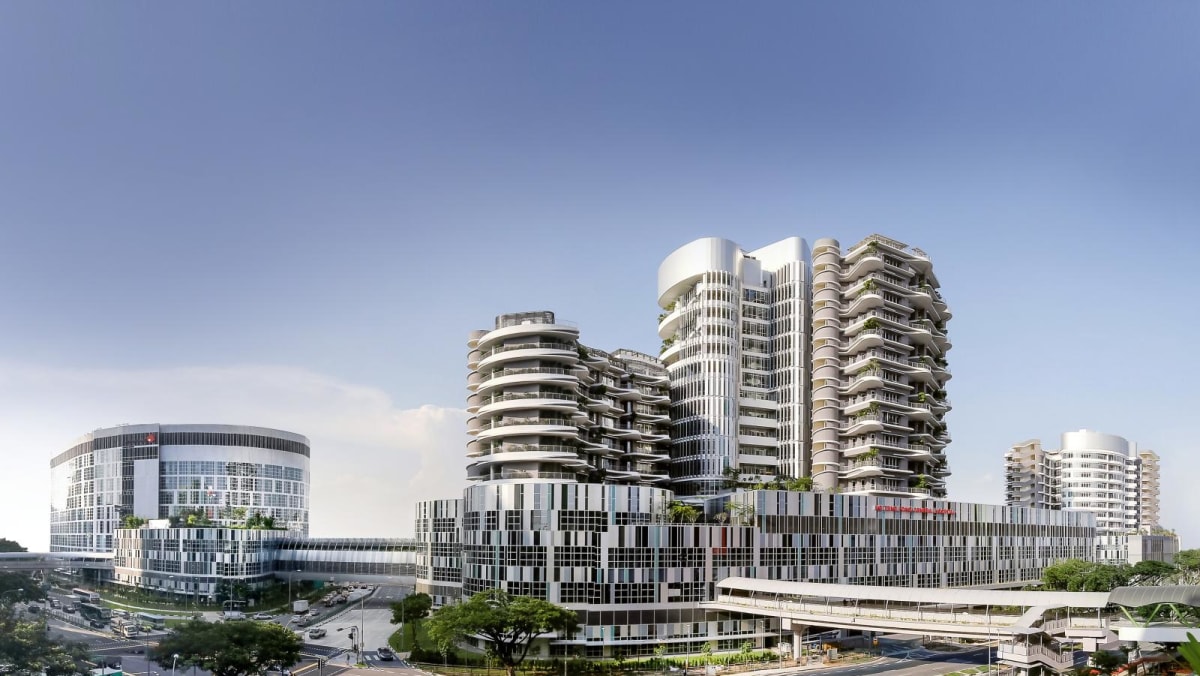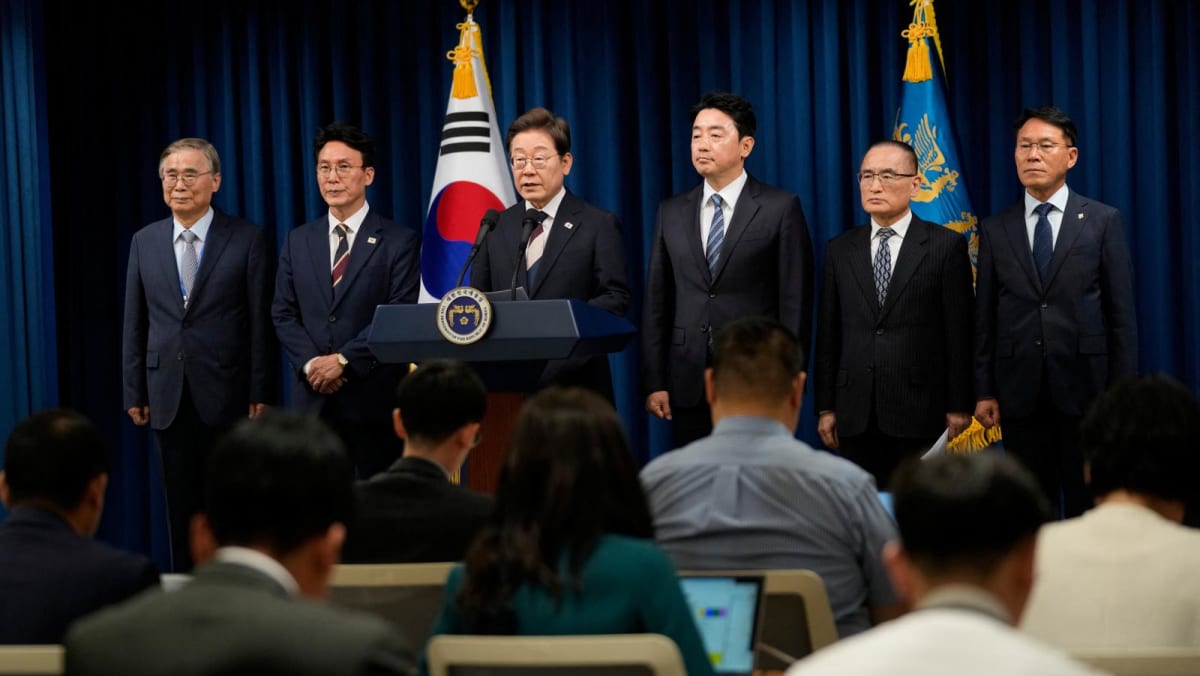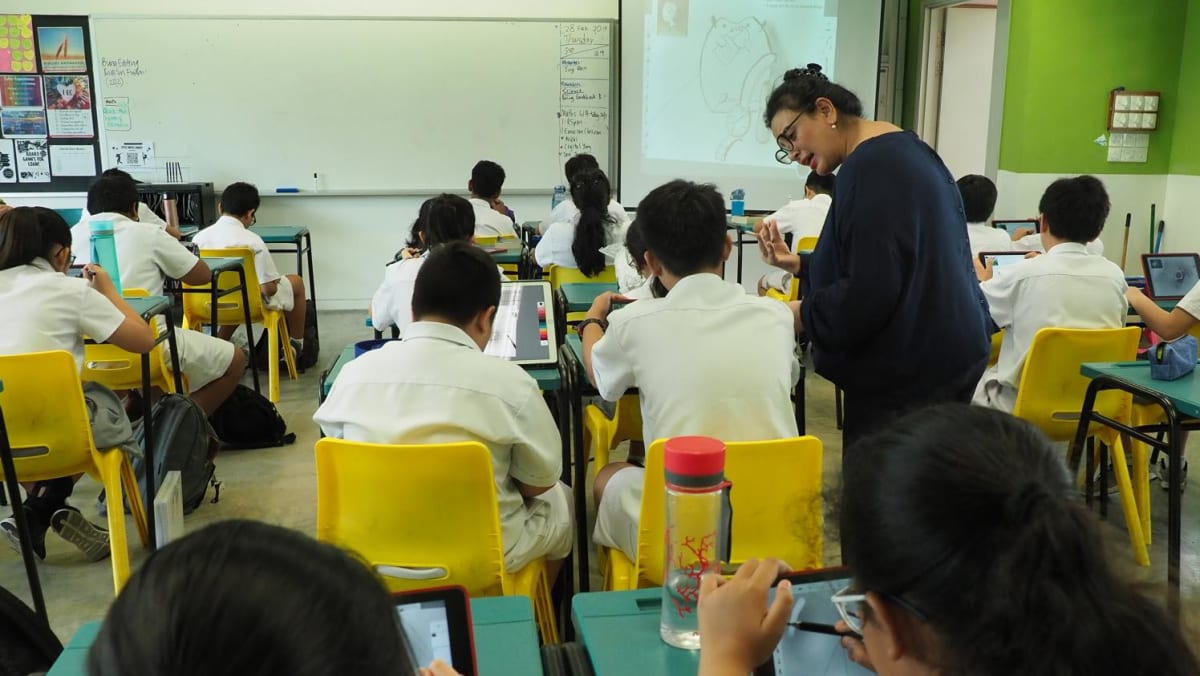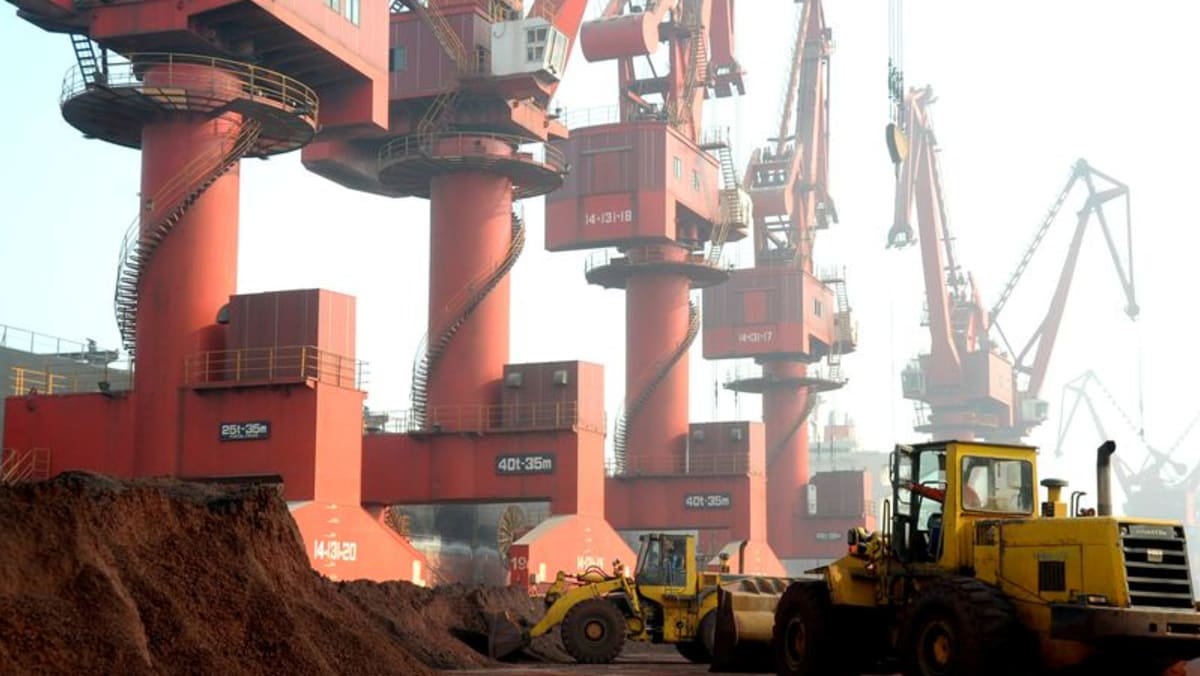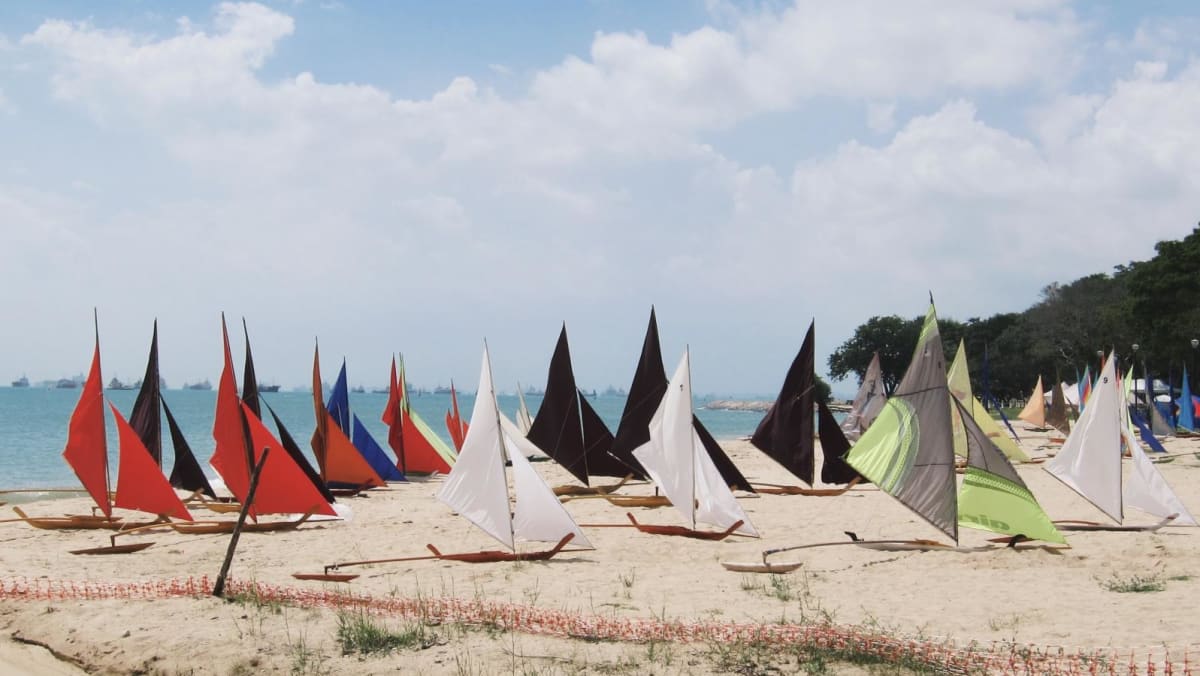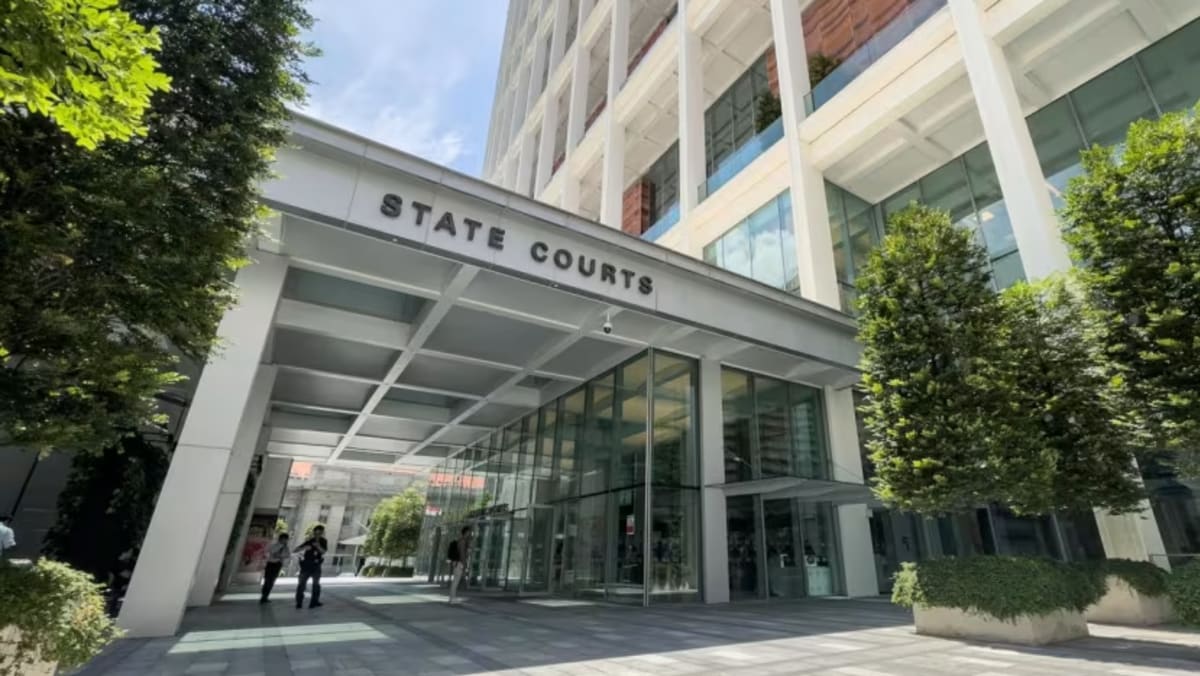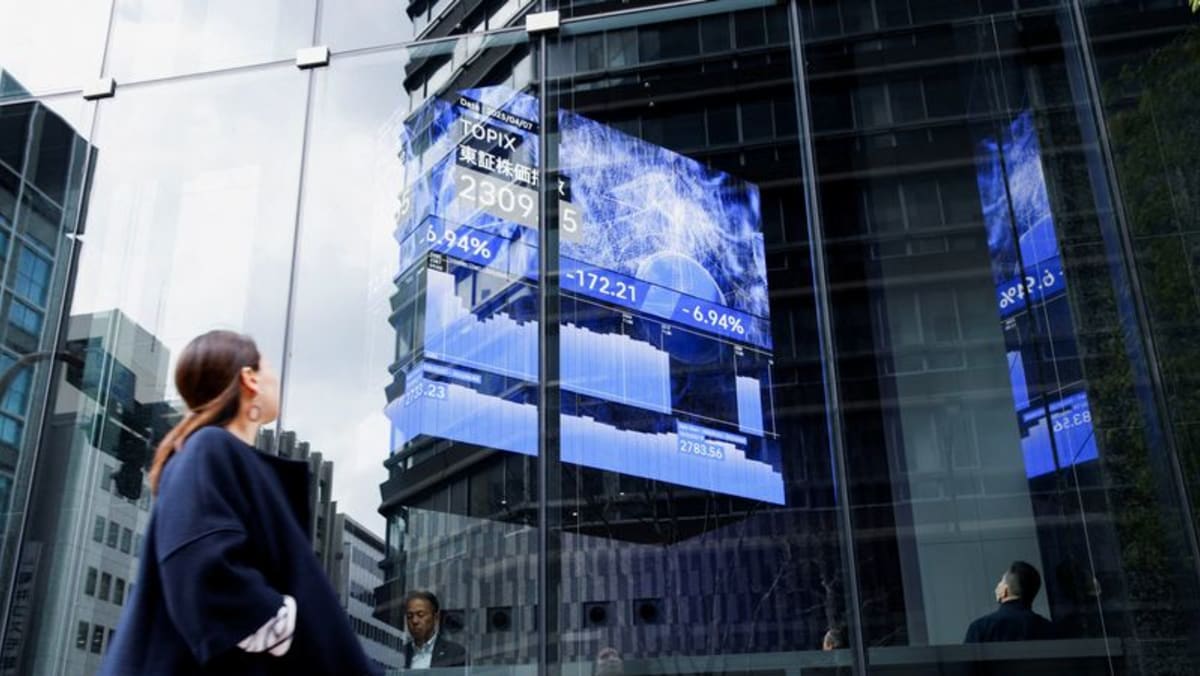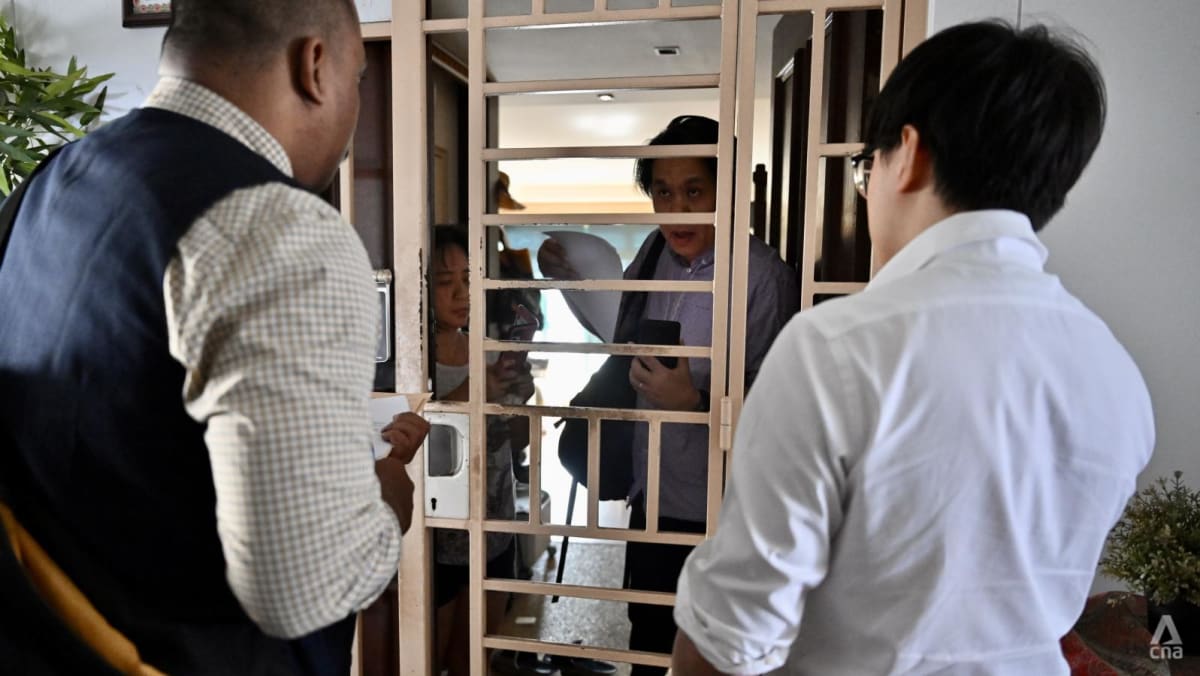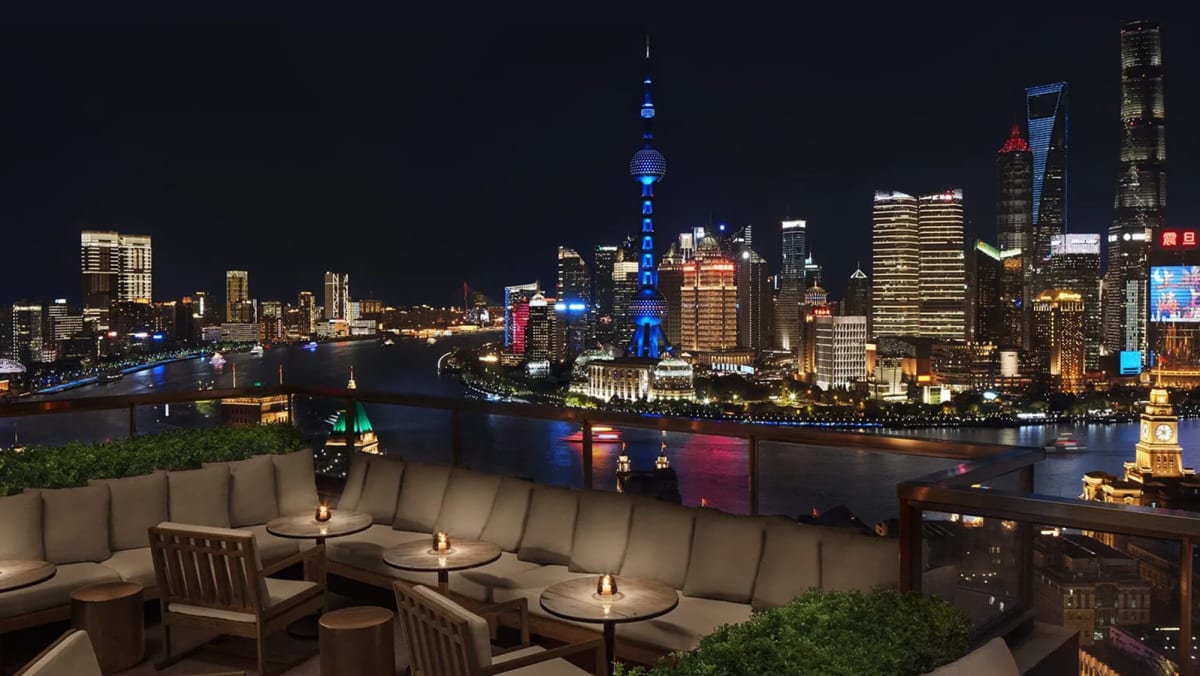SINGAPORE: Prices of Housing and Development Board (HDB) resale flats rose by 1.5 per cent in the first quarter of this year, marking the slowest pace of growth in five quarters.
"This can be attributed to the sustained supply of Build-to-Order (BTO) flats, as well as the largest-ever Sale of Balance Flats (SBF) exercise in February 2025," Minister for National Development Desmond Lee said in a Facebook post on Tuesday (Apr 1).
According to flash estimates released by HDB, the resale price index rose 1.5 per cent in the first quarter of this year, down from the 2.6 per cent rise in the previous quarter and slower than the average quarterly growth of 2.3 per cent in 2024.
In tandem with the slower market conditions, the resale volume in the first quarter of this year - up to Mar 27 - is 6,392, said HDB. This is 7.7 per cent lower than that in the same period last year.
Mr Lee said there are "early signs of moderation in price growth" for both the public and private housing markets.
"We are currently seeing some supply tightness in the resale market," said Mr Lee, noting that there were fewer flats reaching the minimum occupation period (MOP) in the last few years, partly due to COVID-19 construction delays.
However, the number of new flats reaching MOP will rise significantly from 8,000 this year to 13,500 next year, before increasing to 19,500 flats in 2028.
"This means that more resale flats are entering the market soon, and the supply tightness will ease," he said.
The government is also ramping up the supply of new HDB flats, with more than 50,000 BTO flats to be launched from 2025 to 2027, as previously announced.
Analysts expect a rebound in HDB resale prices in the second quarter of the year.
"While the dip in transaction volume was expected due the season lull along with the BTO and SBF launches, we anticipate a rebound in (the second quarter) as unsuccessful applicants eventually return to the resale market," said ERA's key executive officer Eugene Lim.
"At the same time, the shrinking supply of MOP flats will continue to lend support to prices, especially for newer HDB flats in centrally located and mature estates."
Huttons' senior director for data analytics Lee Sze Teck agreed, saying the prices of resale flats may "pick up pace" in the second quarter, adding that Singapore is facing its "lowest supply of MOP flats in 10 years".
PRIVATE HOMES
Private home prices increased by 0.6 per cent in the first quarter of the year, slower than the 2.3 per cent growth in the last quarter of 2024, flash estimates from the Urban Redevelopment Authority (URA) showed on Tuesday.
The price momentum for non-landed properties eased across all market segments, while total sale transaction volume fell by 15 per cent from the previous quarter.
Prices of non-landed properties increased by 0.6 per cent in the first quarter of 2025, a "significant moderation" from the 3 per cent increase in the previous quarter, said URA.
For landed properties, prices increased by 0.6 per cent, compared with the 0.1 per cent decrease in the fourth quarter of 2024.
The flash estimates are compiled based on transaction prices given in contracts submitted for stamp duty payment and data on units sold by developers until mid-March.
This positive price appreciation reflects resilient market demand, supported by a steady stream of new project launches in the first quarter of the year, said Mr Mohan Sandrasegeran, head of research and data analytics at Singapore Realtors Inc.
With more launches expected from land sites awarded in 2023 and 2024, the "gradual and strategic roll-out of new projects is helping to maintain a stable absorption rate", he added.
Ms Christine Sun, chief researcher and strategist at OrangeTee group, noted that there may be increasing uncertainties regarding interest rate trends.
"Possible trade wars triggered by the United States' tariff policies could increase inflation, potentially causing interest rates to remain elevated for a longer period," she said.
"This is despite many countries, including Singapore, implementing rate cuts since mid-2024 in response to declining inflationary pressures."
Singapore's property market is not expected to experience significant effects from potential trade wars and interest rate fluctuations in the near term, unless these issues persist over a prolonged period, she added.
"The private residential market is currently driven by domestic buyers, particularly HDB upgraders, who are financially supported by the strong proceeds from the sale of their flats in a robust HDB market.
"If employment remains stable, income continues to grow, and the HDB market continues to thrive, consumer confidence and spending are expected to remain favourable, which will in turn benefit the private residential market."


